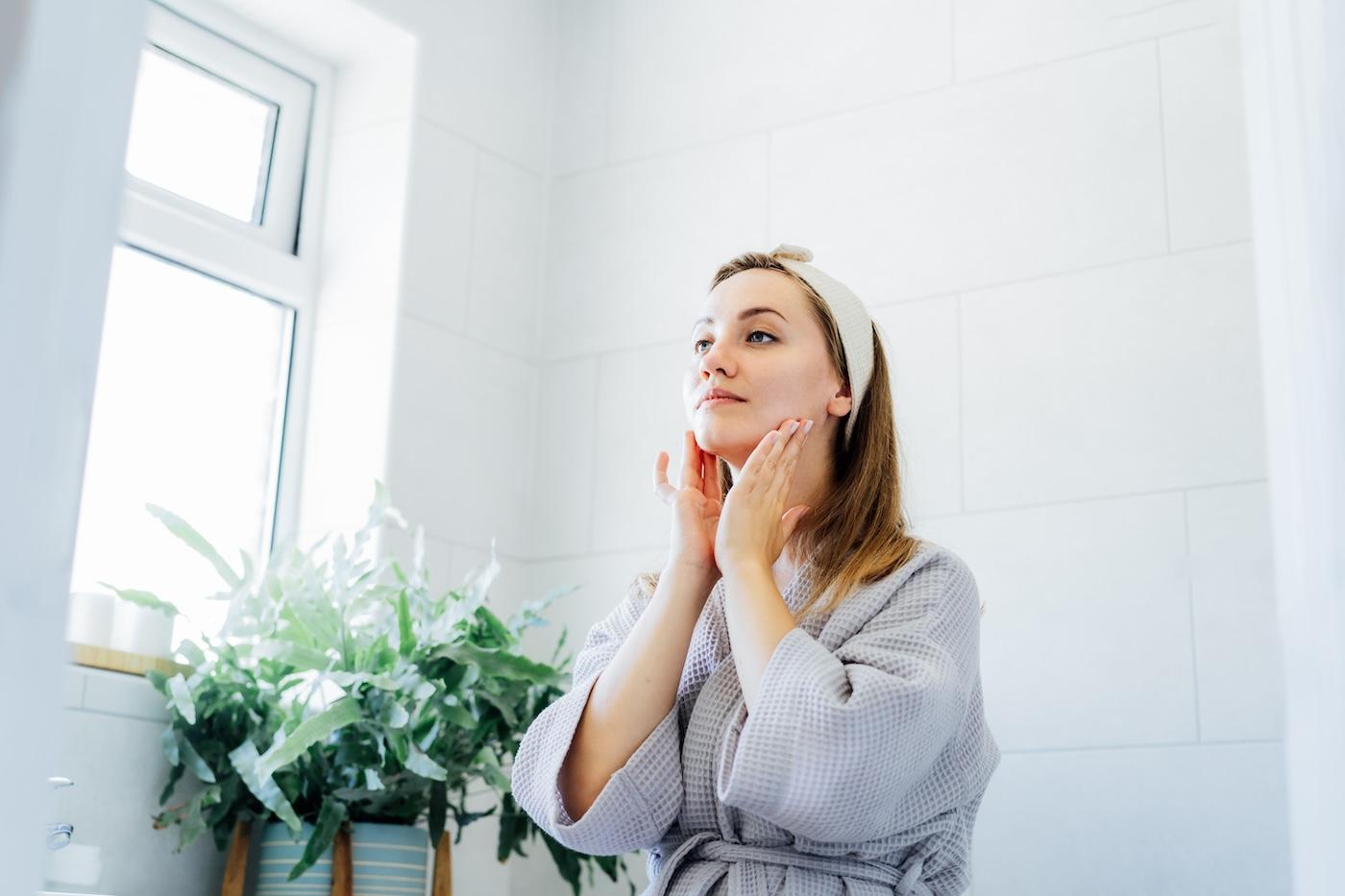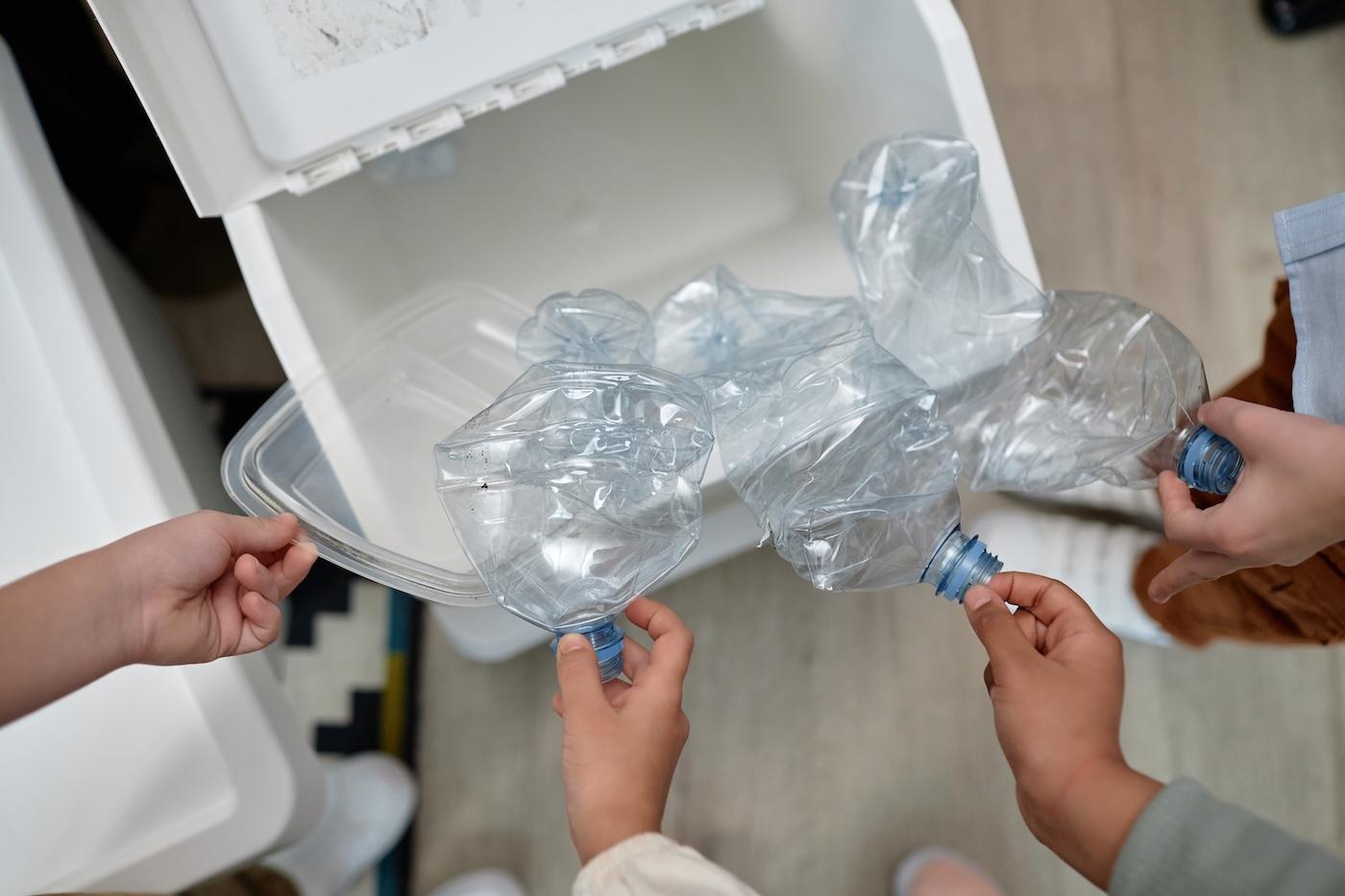PARENTS
The Dark Side of Black Plastics: What Every Parent Should Know
There could be hidden dangers lurking in your toys or kitchen tools!

Written by
Happiest Baby Staff

When it comes to keeping our kiddos safe, we often think about baby-proofing the house, watching for choking hazards, and installing the right car seat. We may not think twice about the spatula next to the stove or your 5-year-old’s favorite racecar toy. But some of these objects may indeed merit a second thought if they’re made with black plastics.
What’s the deal with black plastics?
Black plastics are just what they sound like—plastic items dyed black. You’ll find them in everything from kitchen utensils to food containers to kids' toys. But here’s the kicker: A lot of these items are made from recycled electronics. Yup, that means your spatula might have started its life as a computer monitor or an old TV.
Why does that matter? Electronics often contain toxic flame-retardant chemicals to prevent fires. When these electronics are recycled, those chemicals can sneak into new products like food utensils or toys. And these substances can pose some risks—research has linked them to serious health issues like cancer, hormone disruption, and developmental problems in kids.
A study by Toxic-Free Future found that a shocking 85% of the black plastic products they tested contained toxic flame retardants. These chemicals pose the most risk when used in kitchen tools, as they can leach out when heated and contaminate food.
What should parents do about black plastics?
Okay, deep breath. While these findings are alarming, for sure, it’s important to note that Toxic-Free Future only tested a selection of products, so this stat applies to that sample and not necessarily all products worldwide.
That said, there are simple steps you can take to reduce exposure to chemicals that may be hiding out in black plastics:
- Rethink your kitchen tools. Trade your trusty black spatula or tongs for to tools made from safer materials like stainless steel, wood, or heat-resistant silicone. These are great alternatives and just as functional for flipping pancakes or stirring spaghetti.
- Be picky about toys. Those little black wheels on toy cars? They could be hiding toxic substances. Look for toys made from natural materials like wood or brands that specifically state their products are free from harmful chemicals. (Read up on picking safer toys for your tot!)
- Avoid black takeout containers. We’ve all been tempted to reuse those black plastic takeout containers for leftovers, but it’s better to avoid them. Heating these containers can cause chemicals to leach into your food. Stick with glass or stainless steel for storing and reheating meals.
- Stay informed. Knowledge is power. Organizations like Toxic-Free Future or the Environmental Working Group (EWG) are amazing resources for learning about hidden risks in everyday products. And check out Happiest Baby’s guide to Plastics Parents Should Avoid.
Being a parent means juggling about a million things at once—and worrying about your spatula shouldn’t be one of them. By swapping out black plastics for safer options and staying informed, you’re taking a big step toward creating a healthier home for your family.
More on Keeping Your Home Healthy:
- The Happiest Baby x EWG Clean Pregnancy Guide
- How Lead Can Harm our Children and How We Can Prevent It
- What to Know About Endocrine Disruptors
- Should I Worry About Lead in Baby Food?
Disclaimer: The information on our site is NOT medical advice for any specific person or condition. It is only meant as general information. If you have any medical questions and concerns about your child or yourself, please contact your health provider.
SHARE THIS ARTICLE
MOST LOVED
Sleepytime Sidekicks












